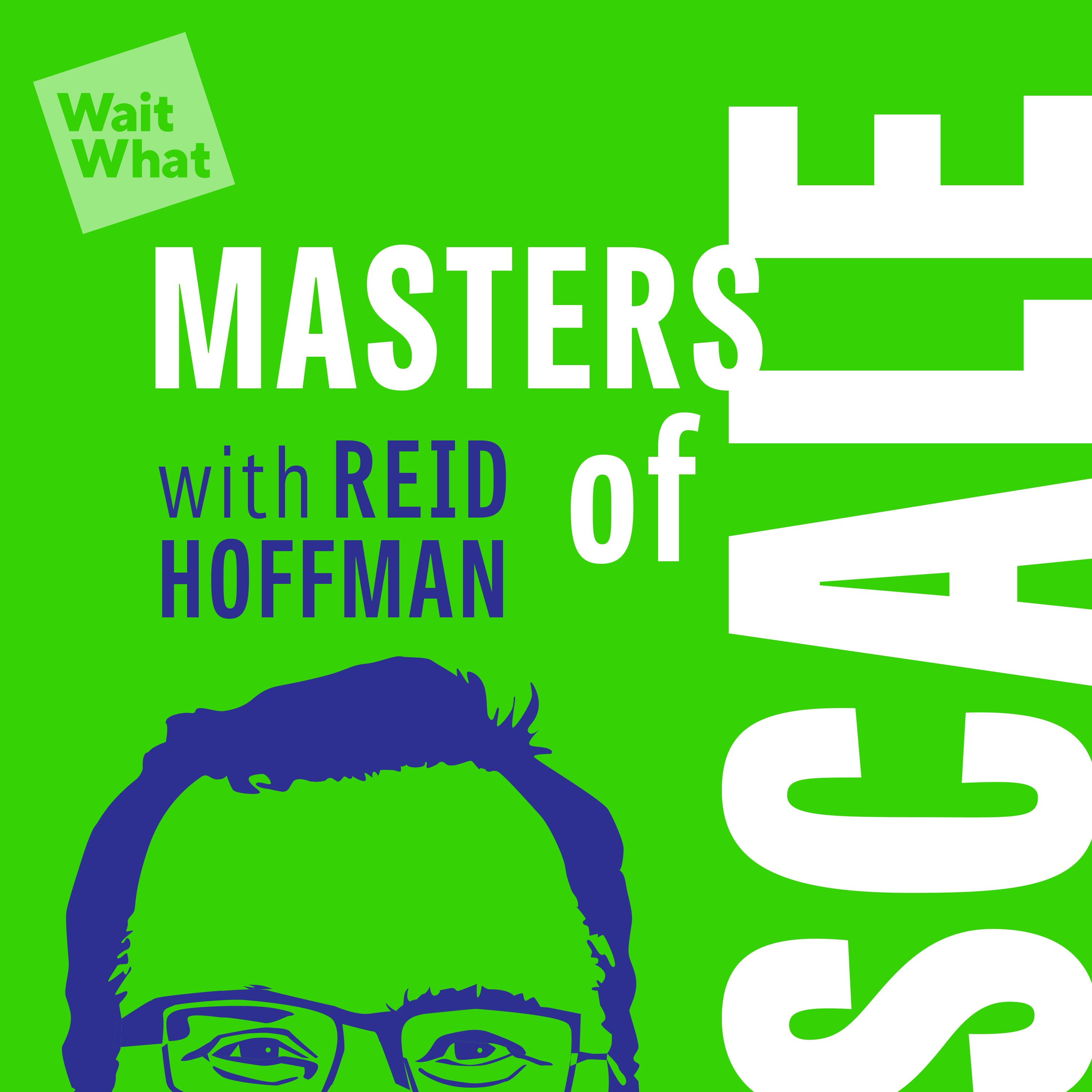
January 16, 2025 • 20min
The power of mentors: Alex Rodriguez, Angela Duckworth, and more
Masters of Scale

Key Takeaways
- Great mentors provide brutal honesty and push you to be the best version of yourself
- Mentorship relationships must be proactively cultivated - they don't just "fall from heaven"
- Effective mentees demonstrate humility, ask questions, and provide value before asking for help
- Mentorship can flow in multiple directions across industries, ages, and experience levels
- The best mentor relationships are built on mutual respect, shared interests, and genuine connection rather than pure transaction
Introduction
This episode explores the critical role that mentorship plays in scaling businesses and developing successful leaders. Through interviews with accomplished founders, executives, and thought leaders, the episode examines different models of mentorship, how to find and cultivate mentor relationships, and what makes mentorship truly transformative.
Topics Discussed
The Limits of Pure Grit (04:03)
Angela Duckworth, psychology professor and author, shares how relying solely on determination and hard work isn't enough for sustained success.
- Personal experience: Nearly burned out trying to balance academic career, marriage, and children through sheer effort alone
- Key insight: Had to learn to reach out to mentors and build support systems
- Recommendation: Join formal communities of peers and actively cultivate mentor relationships
- "Grit is great, but grit is not enough" - Angela Duckworth
Learning from Legends (09:30)
Jimmy Iovine describes his transformative early mentorship experience working with John Lennon and producer Roy Cicala.
- Key elements of successful mentorship:
- Making yourself useful to the mentor
- Staying humble despite success
- Having someone who believes in your potential
- "Do not breathe your own exhaust. No matter what room you get to go into, stay humble and keep focused and drive." - Jimmy Iovine
Radical Candor in Mentorship (12:05)
Allison Kluger shares how unexpected tough love from a mentor shaped her career trajectory.
- Pivotal moment: Senior colleague's direct feedback about workplace behavior
- Impact: Helped develop professional persona and leadership style
- Lesson: True mentors provide honest feedback even when difficult
- "A mentor isn't someone who's going to flatter you and make it easy for you. A mentor is going to tell you the truth." - Allison Kluger
The Sports-Business Connection (19:12)
Alex Rodriguez discusses how mentorship translated from his baseball career to business success.
- Key mentors included:
- Magic Johnson
- Barry Sternl
- Mark Mastro
- Warren Buffett
- The "10 touch rule": Make 10 meaningful connections before asking anything
- Best mentees: Ask questions, show enthusiasm, demonstrate genuine interest
Building Mentor Networks (21:31)
Alexa von Tobel explains how mentor relationships can evolve into partnerships and friendships.
- Approach to networking: Build genuine friendships first
- Philosophy: Do two favors before asking for help
- Multi-directional mentorship: Learning flows both ways regardless of age or experience
- "I don't think mentors is like older people to younger people. It's dual." - Alexa von Tobel
Conclusion
The episode emphasizes that successful mentorship requires active cultivation, humility, and genuine connection. Rather than viewing mentorship as a purely transactional relationship, the most impactful mentor-mentee relationships are built on mutual respect, shared learning, and a willingness to both give and receive honest feedback. The stories shared demonstrate how mentorship can take many forms but consistently plays a crucial role in professional development and business success.
Key action items for listeners:
- For mentees:
- Proactively seek out mentor relationships
- Demonstrate value before asking for help
- Stay humble and receptive to feedback
- Ask thoughtful questions
- For mentors:
- Provide honest feedback
- Create safe spaces for learning
- Remain open to learning from mentees
- Share both successes and failures




